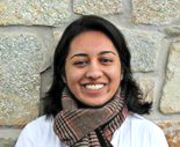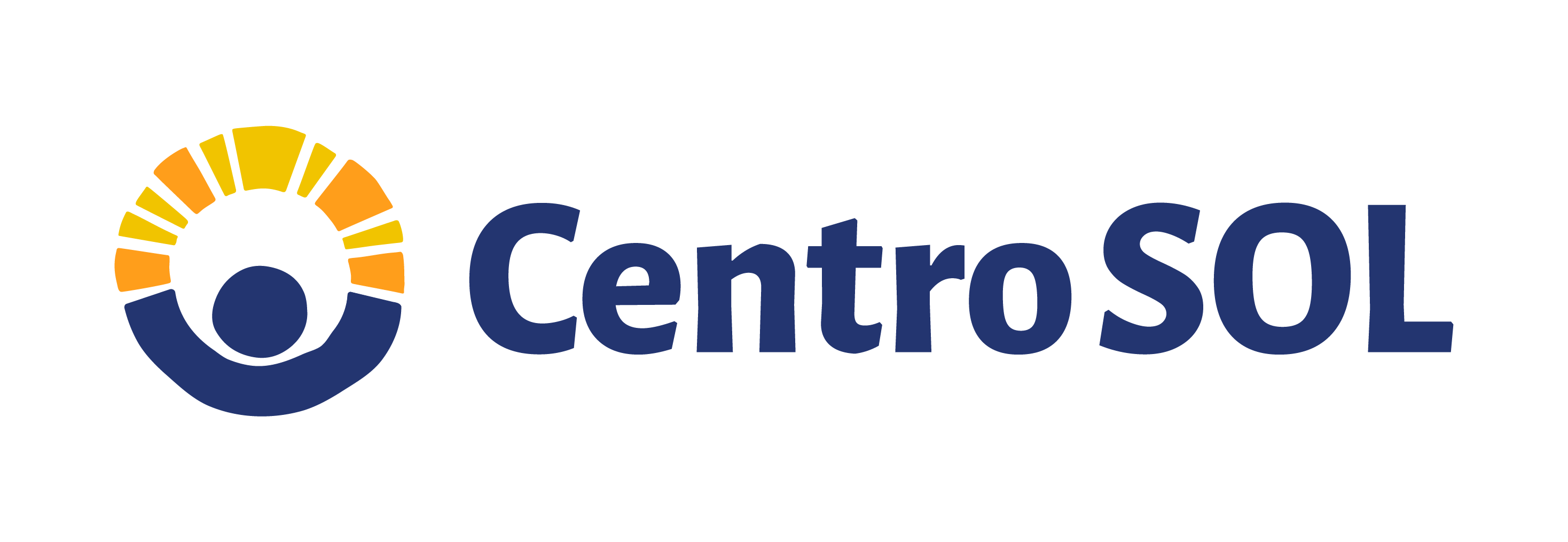At Centro SOL, we are proud and glad to work with amazing individuals who are committed to improve the lives of Latinos. Read this blog post by Alizay Jalisi, Johns Hopkins Student who is collaborating in the “evaluation of Testimonios” project with Dr. Kathleen Page, MD, Centro SOL coDirector, and co-chair of Testimonios.

Last May, the Testimonios community welcomed me to its weekly meetings, and I have been going back ever since.
My Name is Alizay Jalisi and I am undergraduate student at Johns Hopkins University, majoring Molecular & Cellular Biology and Spanish. I became involved with Testimonios last year because I am interested in mental health and learning more about the vibrant immigrant communities in Baltimore. As a Baltimore native, this has been an eye-opening experience to discover pockets of Baltimore I had never previously explored. This opportunity to increase my interaction with the Latino community here has also given me a clearer, fuller picture of the migratory experience.
My interest for the Latino community brought me to collaborate with Centro SOL in a project to evaluate the progress of Testimonios,.
I was really curious about this mental health support group. What is a mental health support group and how is it different from therapy? What are some particular issues faced by Latino immigrants that gave rise to Testimonios? What aspects of Testimonios have helped them deal with these challenges?
Below are a few things I’ve learned by about the structure of the Testimonios program.
- This support group targets immigrants who don’t have access to health care or health insurance, don’t have access to mental health services.
- Testimonios is facilitated in Spanish, by Johns Hopkins therapists and social workers. It is not individualized therapy.
- It is offered as a safe space for the Latino adult community to uncover and discuss socioeconomic and psychological stressors associated with the post migratory experience, and break down the stigma surrounding mental health.
- Sessions are separated by gender, it is completely free and includes dinner and child supervision.
In addition to observing the sessions, my work with Centro SOL is to develop a 15-minute telephonic survey to participants. This survey is used to gather participants’ feedback and general information regarding health care usage. It is expected to illuminate paths to improvement and sustainability of the program, and secondarily, highlight the barriers to healthcare utilization discussed (or not) in the sessions faced by this community. In particular, I’m interested in seeing how the post-migratory experience shapes their experiences when accessing health care and mental health care.
Thank you to the principal investigator for my project, Kathleen Page, MD (JHSOM, Division of Infectious Diseases), and Monica Guerrero Vazquez, the program coordinator at Centro SOL, for their guidance and relentless enthusiasm!

